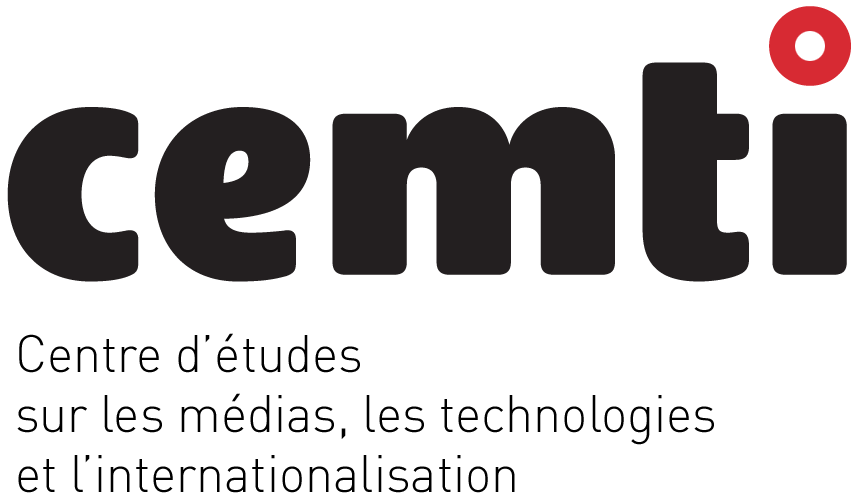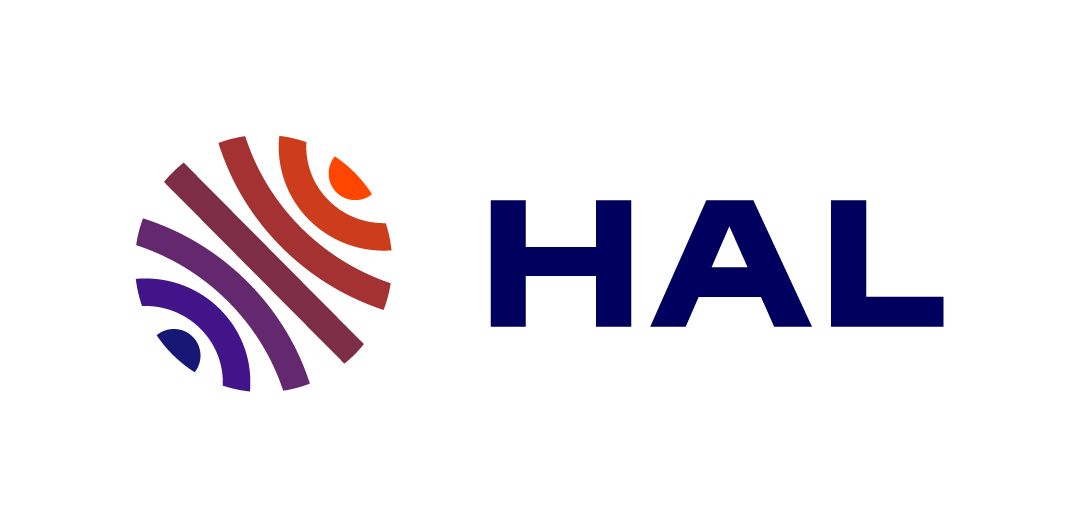Instituting the Common(s) in the Digital Age: Between Politics and Technology
Instituer le(s) Commun(s) à l'Ere Numérique: entre Politique et Technique
Résumé
Since the 1990’s, multiple social movements and intellectual works have invested the notions of “commons” in the plural and/or the “common” in the singular to formulate their aspirations and ideas, as well as to describe old and new practices breaking with today’s dominant economic models, or even aiming to surpass the capitalist mode of production. The political and scientific discourses referring to the common(s) are immensely diverse and sometimes contradictory. Throughout this dissertation, I approach them through four main research questions, two of which are descriptive (question 1 and 3) while the two others are normative (question 2 and 4):
1) What are the different theories of the common(s)?
2) How should we conceive and institute the common(s)?
3) How do the different theories of the common(s) understand the relation between politics and technology?
4) How should we understand and institute the relation between politics and technology?
My research aim is twofold. On the one hand, it is to present and critically discuss the different theories of the common(s), while shedding a singular light on them by focusing especially on their understanding of the relation between politics and technology and the way it echoes older debates in critical theory. On the other hand, it is to develop a personal normative position that builds on the philosophies of Andrew Feenberg, Cornelius Castoriadis, Pierre Dardot and Christian Laval. Questioning theories of the common(s) through the prism of their understanding of the relation between politics and technology appears particularly relevant in that many of these theories assign a decisive and positive historical role to digital technologies such as personal computers, the internet, or 3-D printers. A particular conception of the relation between politics and technology can be defined as a position taken within (at least one among) three interrelated debates: (A) Techno-determinism vs. Constructivism, (B) Technocracy vs. Epistemic democracy, (C) Techno-philia vs. Technophobia. I consider all three debates, but my main focus is on debate (A). The dissertation is structured around a conceptual distinction between the industrial age (1780-1975) and the digital age, so as to analyse some of the main lines of restructuration of capitalism since 1975, discuss how they are analysed by theories of the common(s) and outline the continuities and discontinuities between these theories and older critical theories.
Chapter 1 discusses various theories of technology – that are primarily engaged in debate (A) – and the ways they relate to the question of autonomy in the industrial age.
Chapter 2 analyses some of the main lines of restructuration of capitalism in the digital age and its relation to previous critical discourses and social struggles. It also presents the rise of the commons discourse and how it responds to the digital age.
Chapter 3 critically discusses the different theories of the common(s) and classify them in three main groups: liberal theories of the commons, theories of the common(s) as a mode of production, the theory of the common as a political principle.
Depuis les années 1990, une multiplicité de mouvements sociaux et de travaux intellectuels ont investis les notions de « communs » au pluriel et/ou de « commun » au singulier pour formuler leurs idées et aspirations, ainsi que pour décrire des pratiques anciennes et nouvelles de gestion collective des ressources, en rupture avec les modèles économiques dominants voire en antagonisme avec les rapports de production capitalistes. Les discours politiques et scientifiques mobilisant la catégorie de commun(s) sont extrêmement divers et parfois contradictoires. Mon travail de thèse a consisté à les aborder sous l’angle de quatre questions principales, dont deux sont descriptives (la 1 et la 3) et deux sont normatives (la 2 et la 4) :
1) Quelles sont les différentes théories des ou du commun(s) ?
2) Comment doit-on concevoir et instituer le(s) commun(s) ?
3) Comment les différentes théories des ou du commun(s) pensent les rapports entre technique et politique ?
4) Comment doit-on concevoir et instituer les rapports entre politique et technique.
La thèse se divise en trois chapitres dont les titres peuvent être traduits ainsi : « Technique et Autonomie à l’Ere Industrielle », « Généalogies Croisées de l’Ere Numérique », « Théories des et du Commun(s) ». Le premier chapitre examine différentes approches philosophiques et sociologiques de la technique (des plus déterministes aux plus constructivistes) et leur rapport avec la question de l’autonomie à l’époque industrielle (1780-1975). Le deuxième chapitre propose une analyse des transformations principales du capitalisme à l’ère numérique (depuis 1975), des origines de celles-ci et de leur rapport avec l’émergence de discours critiques mobilisant la catégorie de commun(s). Le troisième chapitre propose une analyse critique des différentes théories des ou du commun(s) et les structure en trois types principaux : les théories libérales des communs (e.g, Elinor Ostrom, Yochai Benkler, Lawrence Lessig), les théories des ou du commun(s) comme mode de production (e.g., Michel Bauwens et Vasilis Kostakis, Michael Hardt et Antonio Negri, Jérémy Rifkin), et la théorie du commun comme principe politique (e.g., Pierre Dardot et Christian Laval, Benoit Borrits). L’objectif de ma thèse est donc de présenter les différentes théories des et du commun(s), d’en proposer une analyse critique, de les éclairer sous l’angle singulier de leur rapport avec des débats plus anciens entre théoriciens critiques de la technique, et de développer une position normative personnelle qui s’appuie essentiellement sur les philosophies de Cornelius Castoriadis, Pierre Dardot et Christian Laval, et Andrew Feenberg.
Fichier principal
 PhD Dissertation - Ludovic Bonduel - Instituting the Common(s) in the Digital Age (1).pdf (2.01 Mo)
Télécharger le fichier
PhD Dissertation - Ludovic Bonduel - Instituting the Common(s) in the Digital Age (1).pdf (2.01 Mo)
Télécharger le fichier
| Origine | Fichiers produits par l'(les) auteur(s) |
|---|




